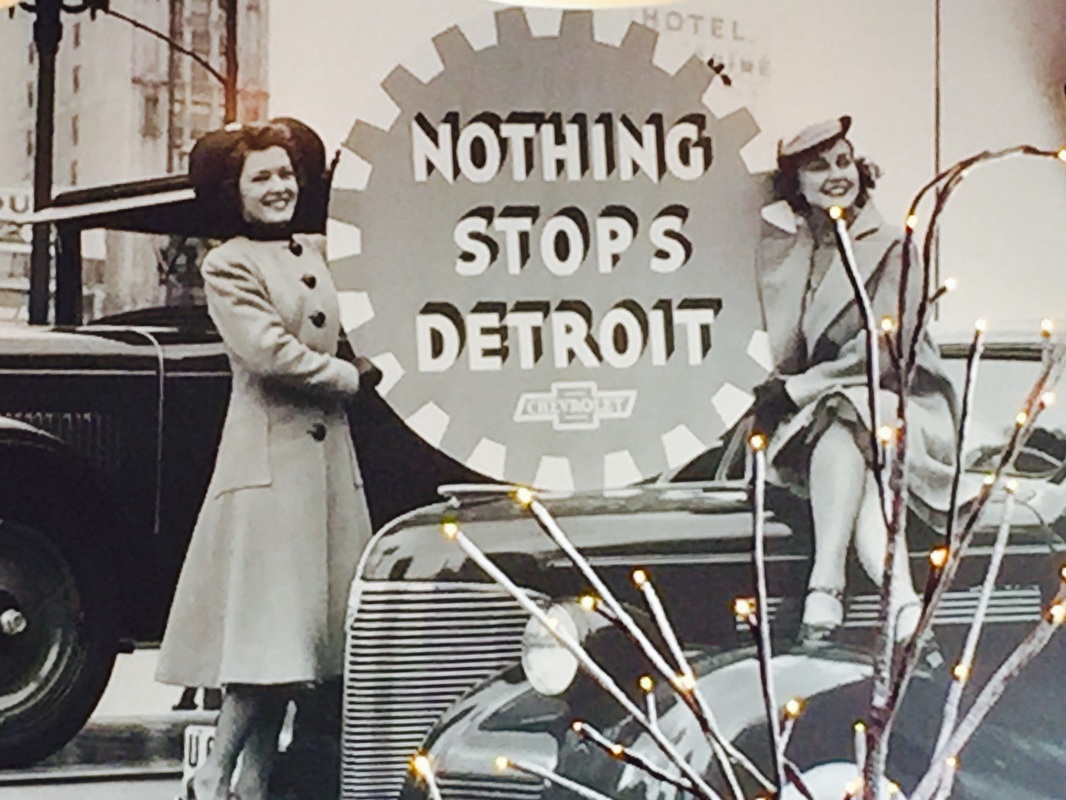Or at least that’s what Vijay Anand, self-proclaimed “Startup Guy,” thinks when it comes to startups and entrepreneurship. Although a somewhat pessimistic view of startup culture, this is (sadly?) the view that some hold about the field.
Personally, I think entreprenuership is more of a mindset rather than an actual action. Think about it. When faced with a problem, the conventional (and usually smarter) approach is to look at what people with the same problem have previously done and learn from what worked (or didn’t) for them. What’s been proven is the way to go. It’s the way to ensure you won’t mess up (or at least decrease the possibility). Although this is the safer approach, it can be a monotonous and limiting one.
That’s where entreprenuership comes in —approaching old problems in new ways.
Entreprenuership alone isn’t generally viewed in a negative light. The buzzword “startups” may receive some negative press (if anything) simply because some view them as turbulent, profit-driven companies which will spring up and fall into oblivion at the snap of a finger. But when it comes to social entreprenuership, the public perception of the term is far from negative (although it may be because those absent from the startup scene don’t know the difference). Two key words bring in the “social” aspect of social entreprenuership —invent and improve. In my opinion, a company can be said to use social entreprenuership when and if they use entreprenuership to help better society in the long run —helping redevelop, repurpose, or reinvent. What makes social entreprenuership important is the “giving back”mentality that underlies it. Coming to Detroit and working with a company (Corktown Economic Development Corporation) which aims to help the most historic part of the city in its redevelopment and districting efforts has given me hands-on experience as to what exactly social entreprenuership is. Its an interesting mix of startup culture with an emphasis on bettering the community.
Despite the somewhat pessimistic views of general startup culture that may persist, in rising hubs of innovation (like the Motor City and Durham itself), the emphasis on the social part of social entrepreneurship can be what makes the ultimate difference in the perception of startups in the community. Rather than being seen as unstable companies that can come and go in the blink of an eye, startups with a more social approach to entreprenuership will be seen in a more positive light by community members and the world as a whole and thus garner more support in the public eye (which can lead to other benefits like a potential general increase in investment trends).
And it’s because of this that, unlike what Vinay Anand declared, startups don’t have to die. Social entreprenuership can make the ultimate difference in what makes a startup thrive.

 RSS Feed
RSS Feed
